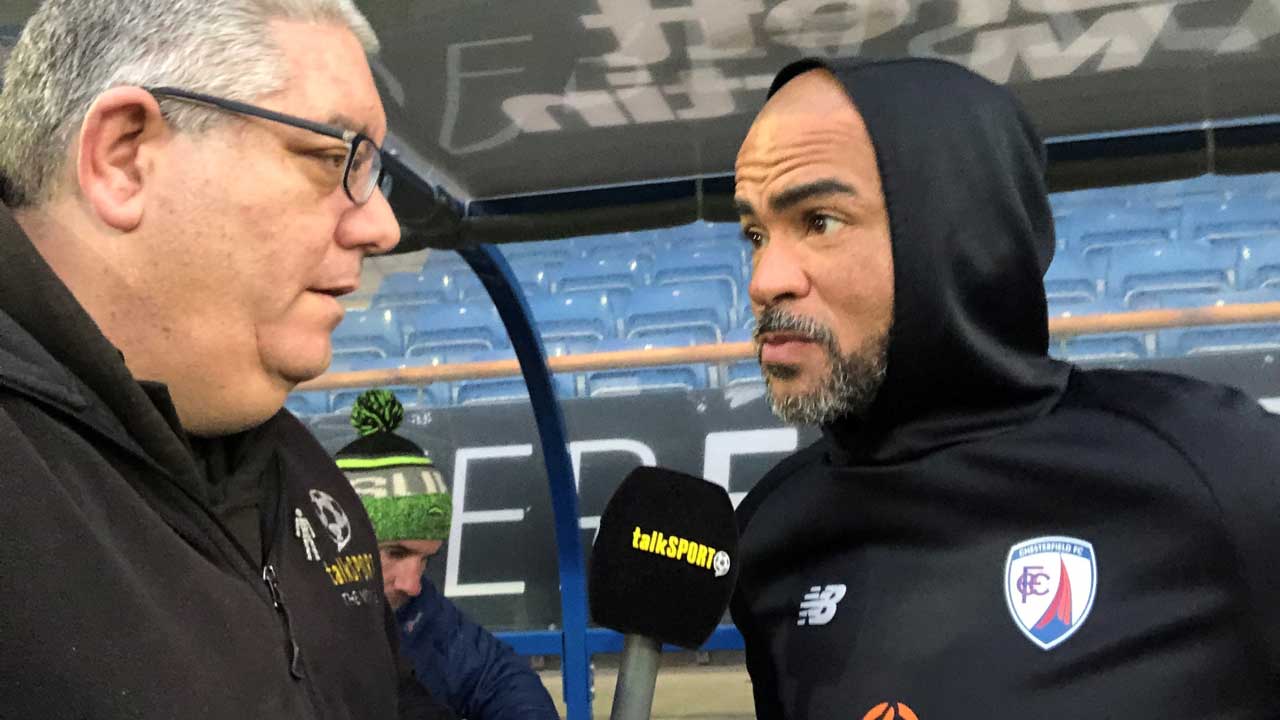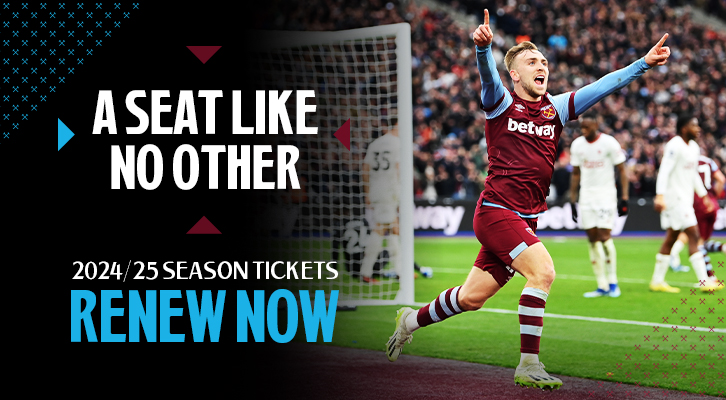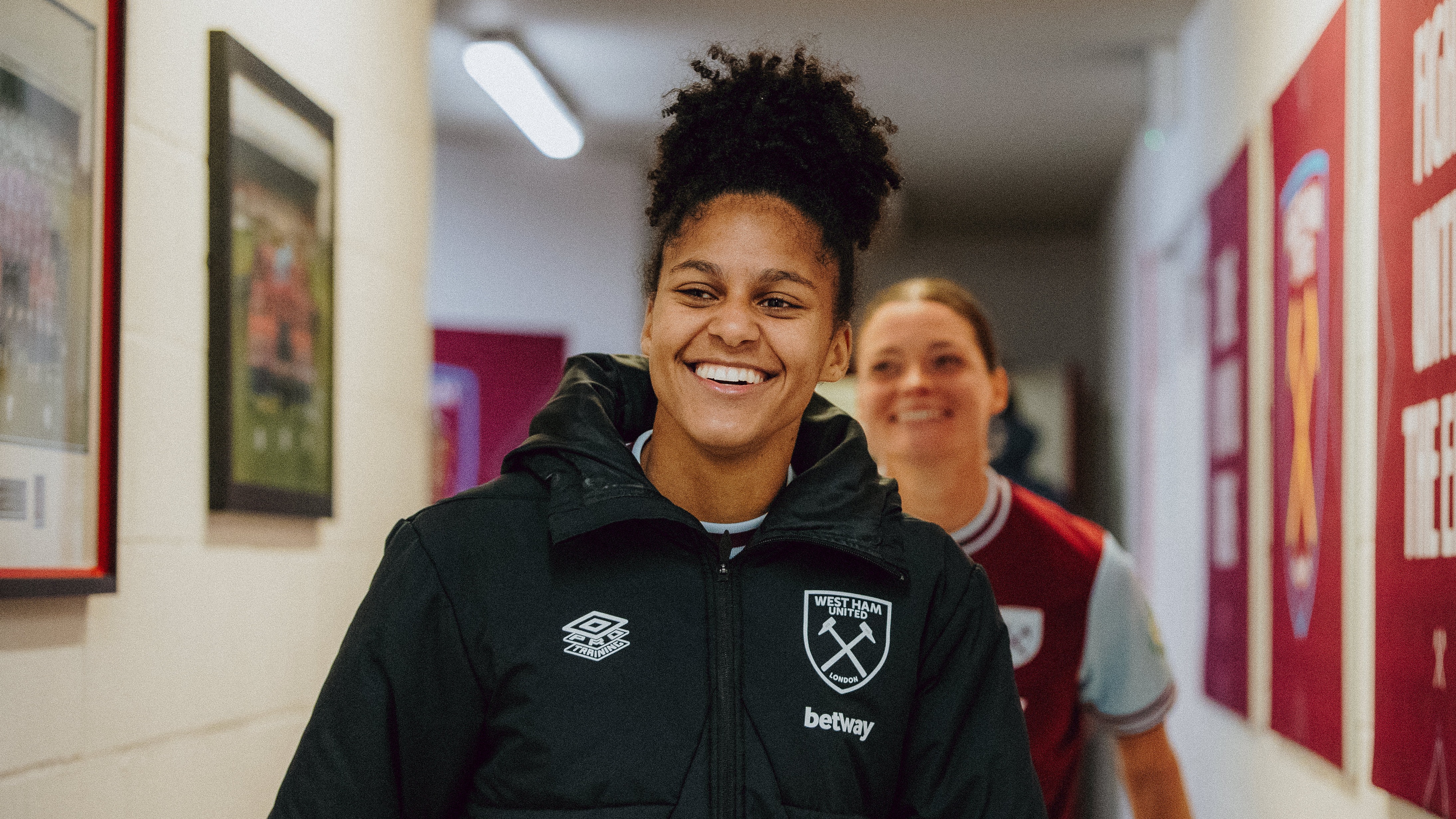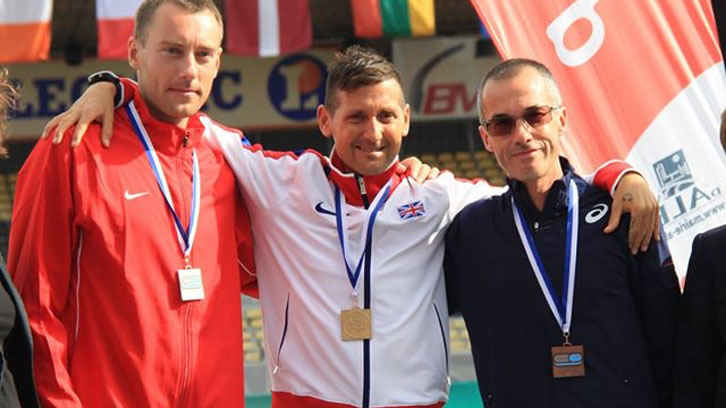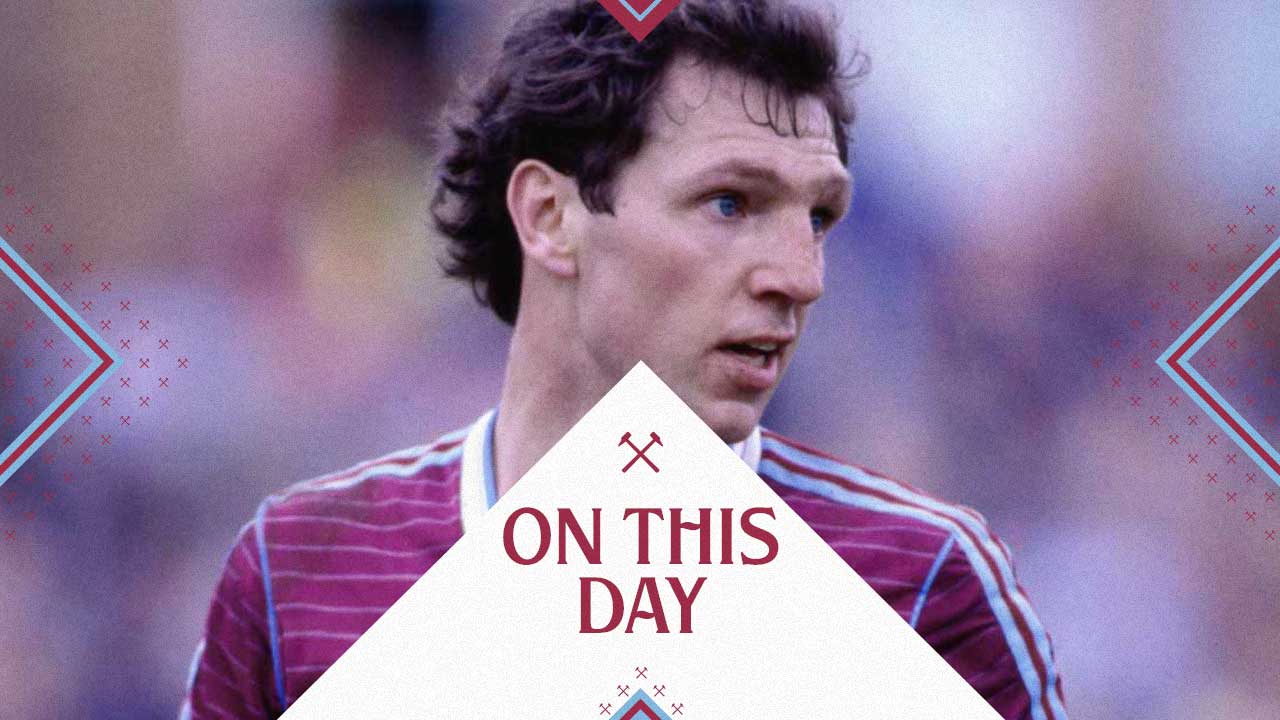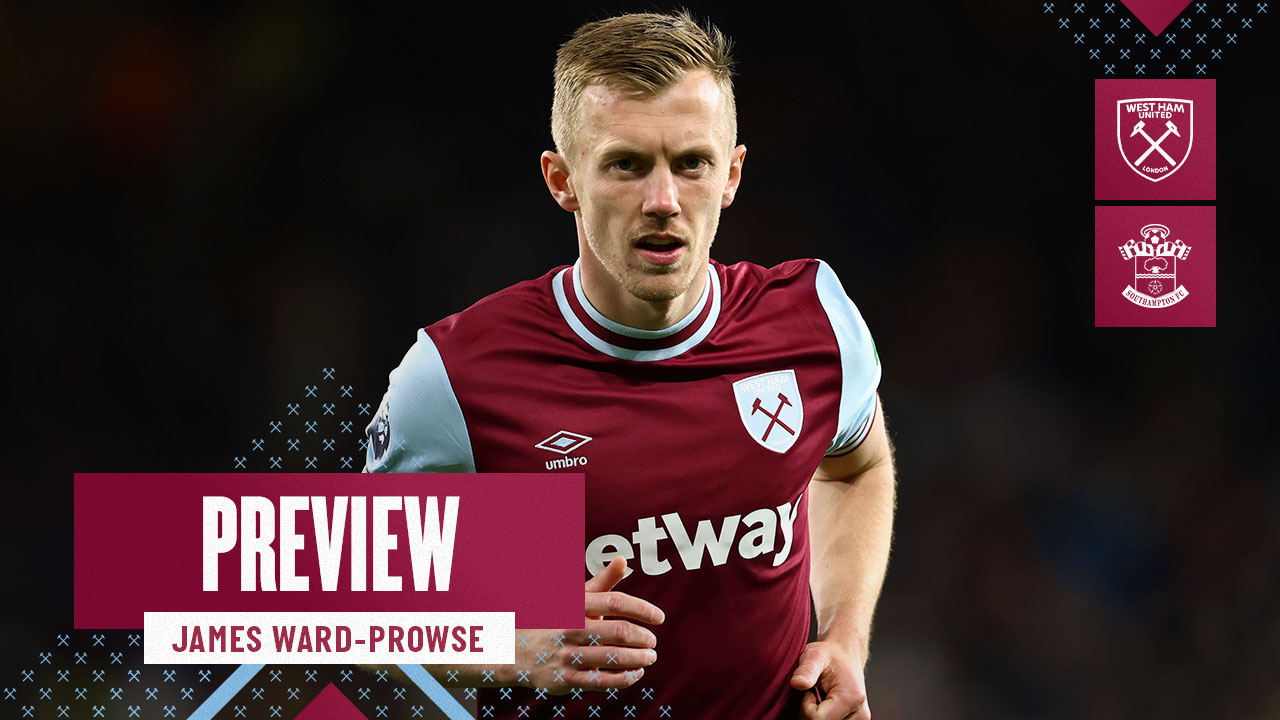Last weekend, I was at Chesterfield to see the Spirerites beat Boreham Wood 3-0 and clinch the National League title and end their six-year exile from the Football League.
The Chesterfield manager is Paul Cook and his coaching staff comprises of Danny Webb, Gary Roberts and, you might not have known this, former West Ham United, Newcastle United and England midfielder Kieron Dyer.
For Kieron, being part of Chesterfield’s success is both incredible and moving, coming just six months after leaving hospital having had a lifesaving liver transplant. In an honest, thought-provoking chat which brings a tear to the eye, Kieron spoke to me about what the promotion meant to me, why in his words, his time at West Ham was an ‘embarrassment’, how he wants to make every day count and urges everyone to consider organ donation, to give people a second chance in life as he was given…
It was approaching 5pm on 23 March when the Chesterfield fans, in a good natured way, invaded the pitch to celebrate their promotion back to League Two.
They’d comfortably been the best team in the National League. As the players were hoisted shoulder high on the pitch, in the home dugout sat one of their proud coaches, Kieron Dyer.
I caught up with Kieron not long after, with the celebrations still in full flow. It had been an emotional afternoon for him.
“I’ve had a decent career and played for my country and I’ve been to World Cups but that’s probably the most proundest I’ve been, winning the National League,” he began. “Being a coach, you have the responsibility of the whole team, all the players, and you cherish these moments. They are like your family and I’ve seen what they’ve done this season. To have the best season so far in Chesterfield’s history with record points, home wins and goals, is a credit to the players, they deserve all the love, as they have been absolutely fantastic,. They’ve been an absolute credit to this Football Club, the fans and us the staff are really pound of them.”
For Kieron it was an emotional afternoon, but not just because his team had been crowned champions.
Last October, after having been diagnosed with Primary Sclerosing Cholangtis, Kieron underwent a liver transplant.
“This success was not just for me,” he explained. “Obviously, when the final whistle went, I sat on the bench and was crying for about five minutes because I was thinking of my donor and his family. The family of the donor reached out to me, I’ve contacted them, they know who I am, so this wasn’t just for me, the family asked me to continue the legacy of my donor so that was for him today as well, it was a really proud moment. I have played for England in the World Cup, so to say that winning the National League is my biggest achievement in football speaks volumes.”
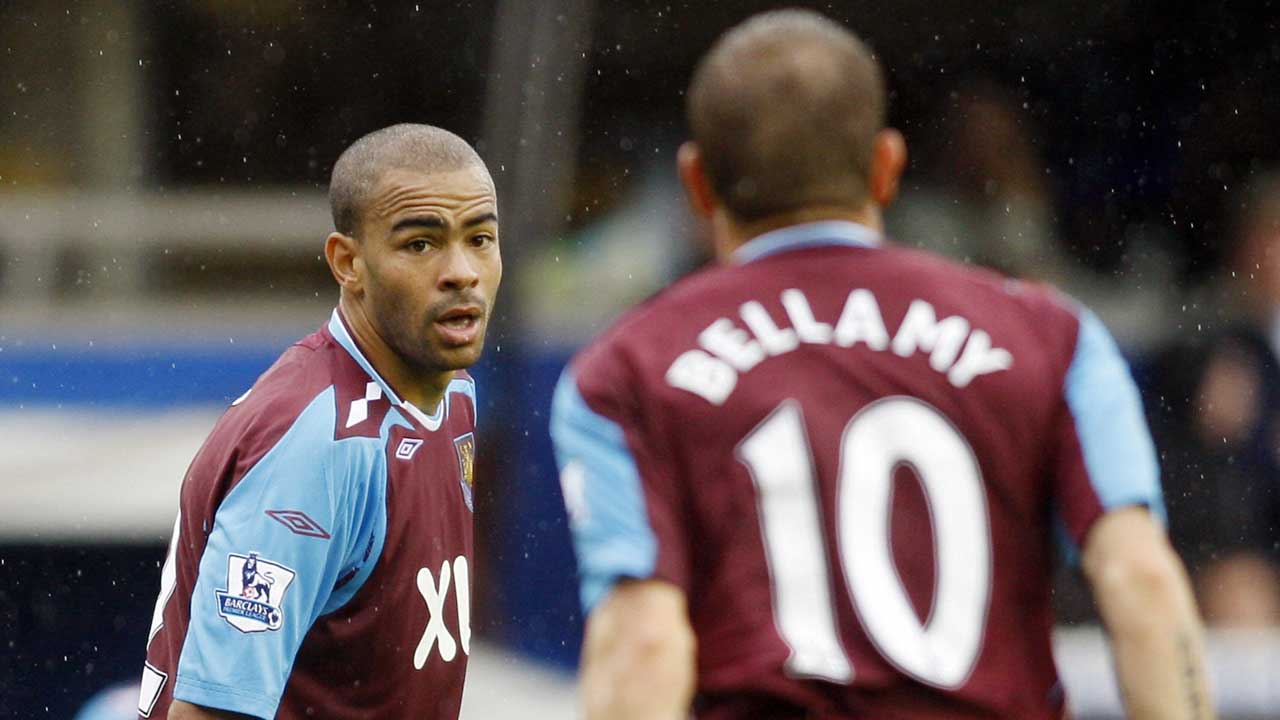
I asked Kieron more about how he got in touch with the family of his donor?
“You can only really have contact by letters,” Kieron told me, and, at first, he found it hard knowing how to express himself to the family. “One of the things when you wake up from your operation is you have the option of contacting the family. I’m now six months on from the operation and there have been so many times where I’d pick up a pen to write something down and I just couldn’t get words out.
“It was quite overwhelming, to have the burden of someone having to die for you to stay alive, you can’t describe how that feels and it took me a while to come up with the words. It was them (the donor’s family) who wrote to me first and obviously explained a lot of things about my donor and talked about his family life, how he died, and as soon as I read that letter, you can imagine how overwhelming that was to read. It gave me the clarity I needed to then respond, and I wrote back a couple of days later.”
It’s hard to empathise with Kieron and the emotions he must have had, having never been in a remotely similar situation.
“I know the majority about my donor, and his family,” he continued. “His sister wrote to me on behalf of the family. He had a wife and parents and I wrote back to them telling them that I hope I make them proud from afar. They obviously know I have platforms where I’ll be fighting the cause for donors and the condition that I had. So, like I said, winning that National League title wasn’t just for me, it was for them as well. I hope they’ll see that and have a smile on their faces.”
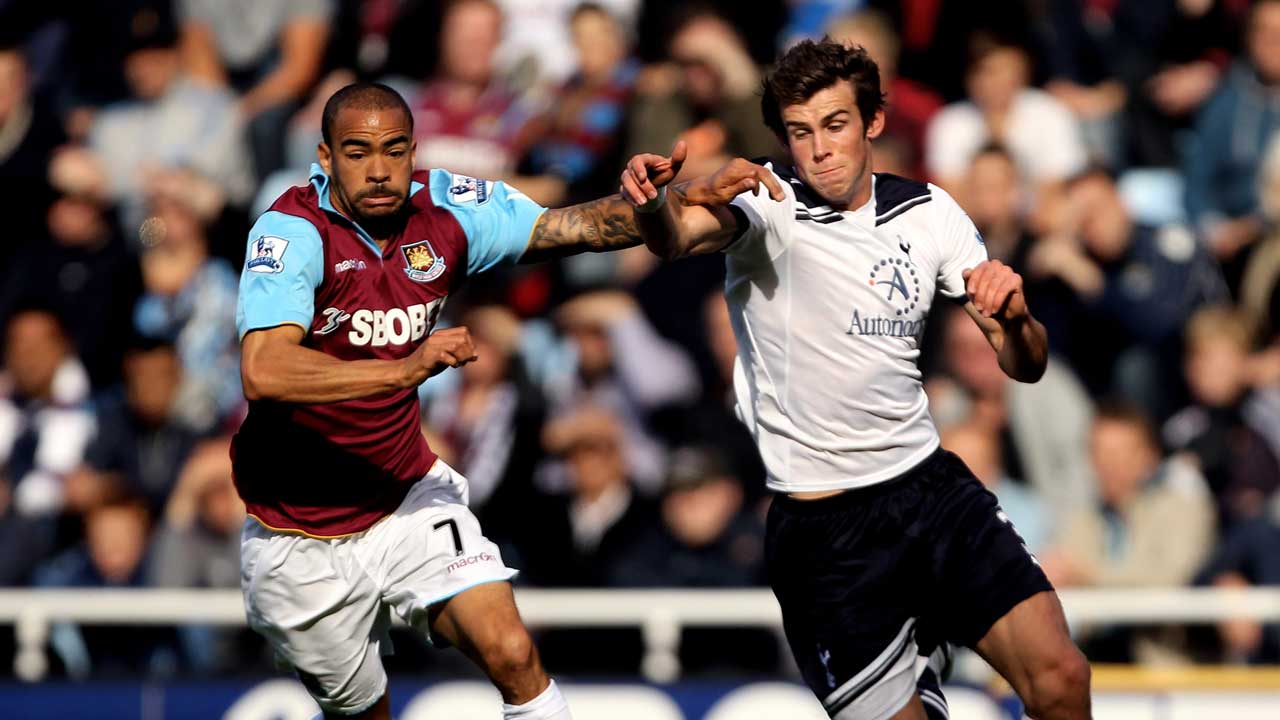
Kieron has had adversity in his life, but I put it to him that writing that first letter must have been one of the most difficult things he has ever had to do?
“Yes exactly, as for the first three months after the operation, I kept picking up the pen because I thought I owed the family some words but I just couldn’t finish it, it was too overwhelming, but once I got a letter from them I found the words.”
Naturally, as an organ recipient, for Kieron getting the message out about organ donation is vital.
“Yes, it’s really important,” he confirmed. “In their letter they said to me, when the donor people come in and speak to the family about whether they will give the organs up for donation, they were a bit sceptical and it was only that my donor’s wife remembered having the conversation with her husband that he said ‘when I’m gone they can have my organs as obviously someone will need them a lot more than me’, so because she heard that, the family went forward in giving the organs and I was thankful enough to be given his liver. The amount of people who are waiting for a liver and actually die because they don’t get a transplant in time is incredible, so the more people who are willing to donate their organs, the better someone else has a chance of living.”
I have to say Kieron is making the most of his second chance and what he told me certainly puts football into perspective…
“You only get one chance to live, and fortunately for me I’ve been given two chances and I’ve got to make the most of it,” he said. “Everything from now until the end of my life I’m going to be absolutely grateful for because of this chance that I have been given. I’m not going to let it go. I live each day really humbly and hopefully I have many more years to thrive and prosper.”
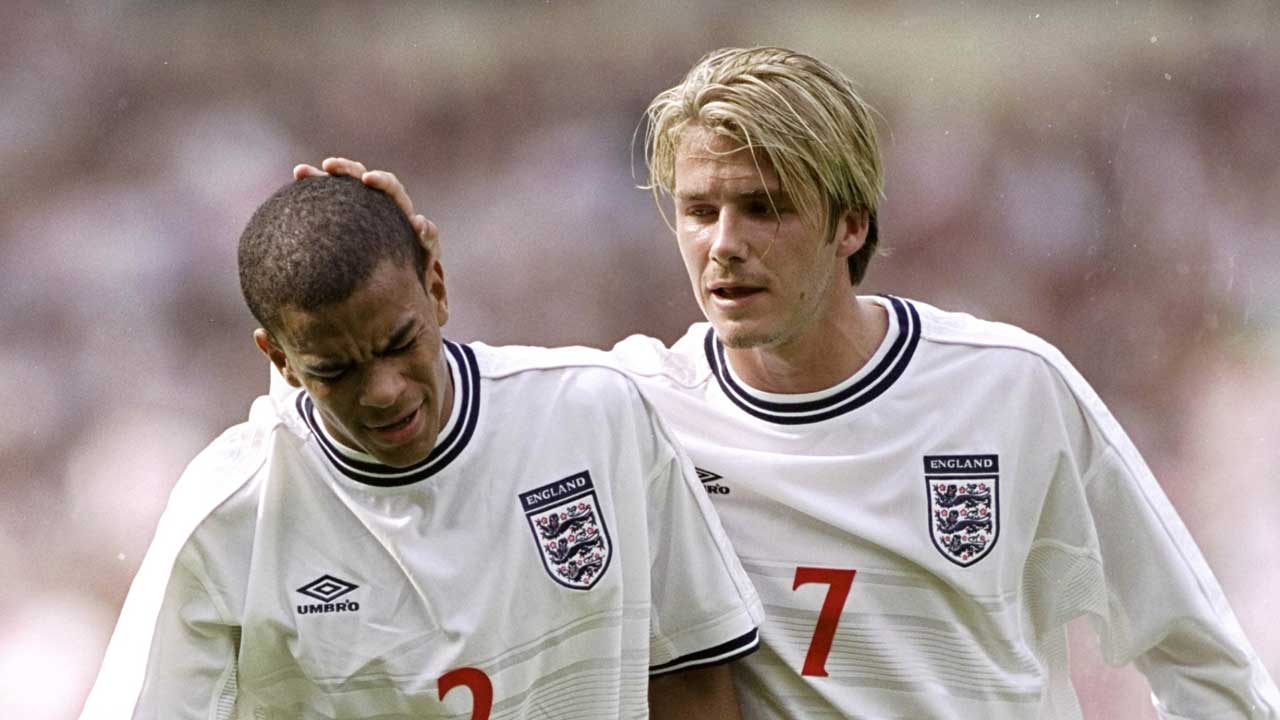
While Kieron’s recent transplant does put things in perspective, as I mentioned, he has had other periods of adversity, including his four-year spell with West Ham between 2007-11.
It was a period blighted by injury, and Kieron was brutally honest in his assessment: “Every time I’m asked to be a pundit on TV covering West Ham games, I just always get embarrassed about being a West Ham player. My whole four years there I don’t think I ever played three games on the trot. It was an absolute disaster. I was on really big wages and could just never play and it pains me because I didn’t just go there for the money, I went there because I was in the prime of my career.
“West Ham had just signed Scotty Parker, Craig Bellamy, Freddie Ljungberg and Matthew Upson and it seemed, with that squad, we really had a chance of going places, but it ended up being a disaster for me, and like I said I just get embarrassed every time I get named as a former player.
“As I wrote in my book, the West Ham fans are really educated and they know their stuff and I never played for them and they should’ve been seeing me in my prime, but they just got someone who was constantly limping around the pitch or not on the pitch.”
I did wonder whether describing his time at West Ham as an ‘embarrassment’ was Kieron being too hard on himself?
“That’s just how I felt, as with the money that I was on and the high hopes it just got to the stage that I just became embarrassed and even when I left West Ham and I broke my foot three minutes into my debut at QPR, I just wanted my career to end,” he recalled
“I should’ve ended it after West Ham, but you always have the hope that you can pull it together. When I finally called it a day, I think my Mum said to me, a few weeks later, ‘I’ve finally got my son back’, because she could see how all the injuries I had suffered had had such a negative impact on me, not just as a footballer but as a person as well. I was just hating life.”
It turns out Kieron had a liver condition since the early 2000s which impacted the speed he could recover from injuries and slowed down his healing.
It was inspiring to catch up with Kieron again and wish him only success in his coaching career and am sure one day he’ll make an excellent manager.
If you take anything from his story, one he wishes he could’ve done better for you and two and most importantly, think about how vital organ donation is, it can and does as Kieron proves saves lives and gives people a second chance to live.
